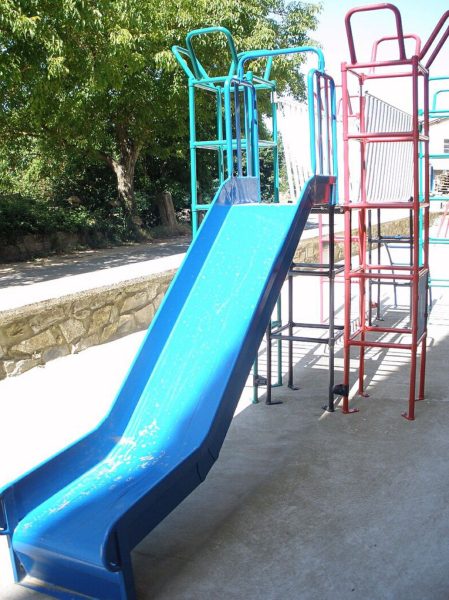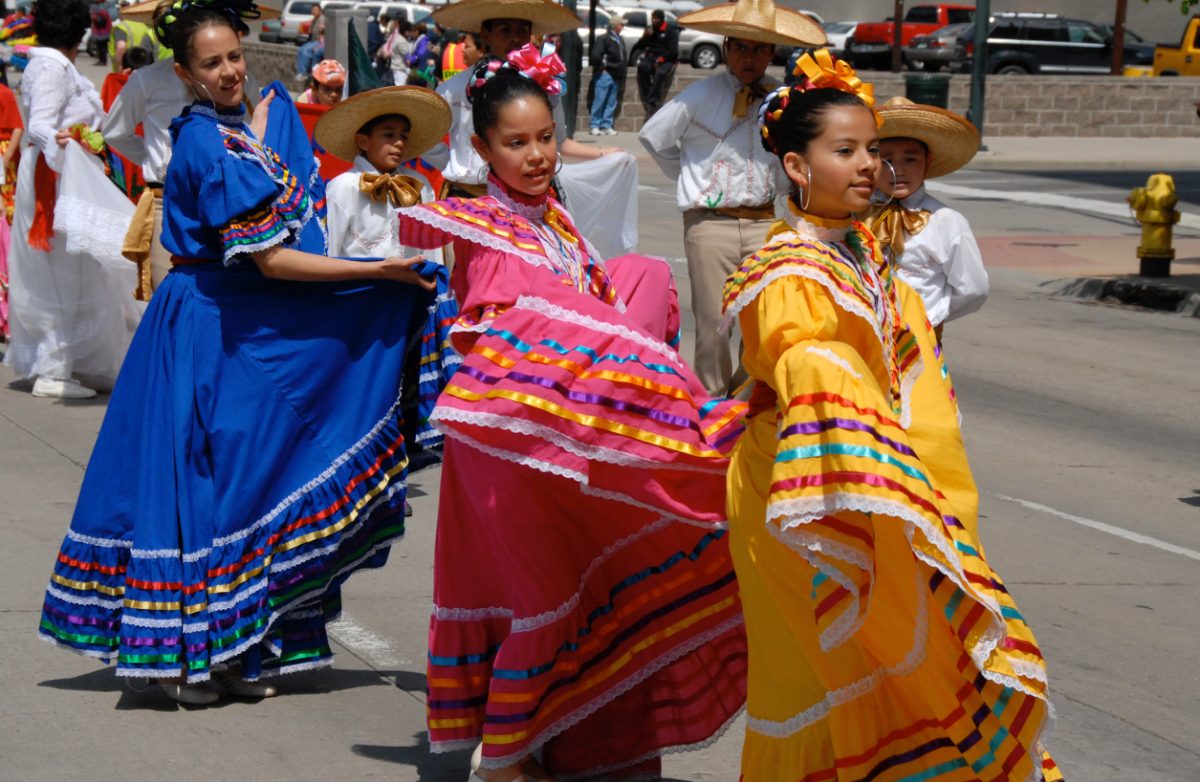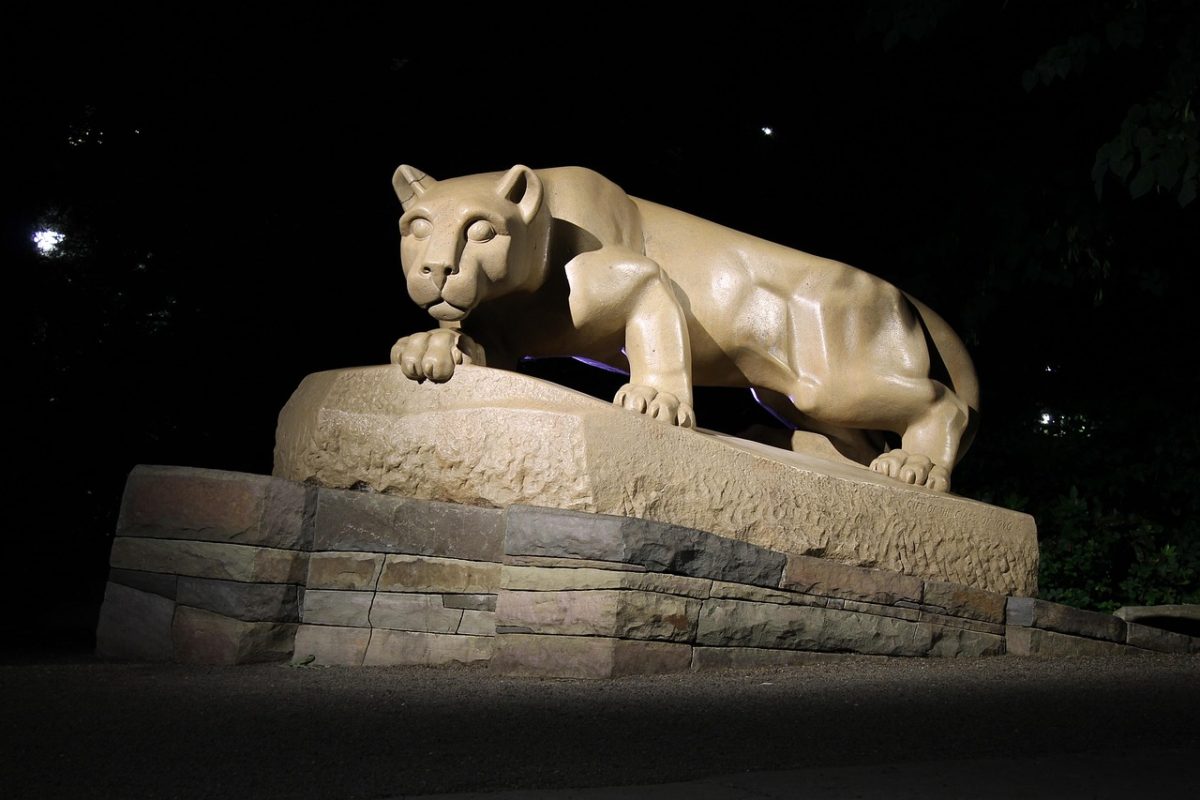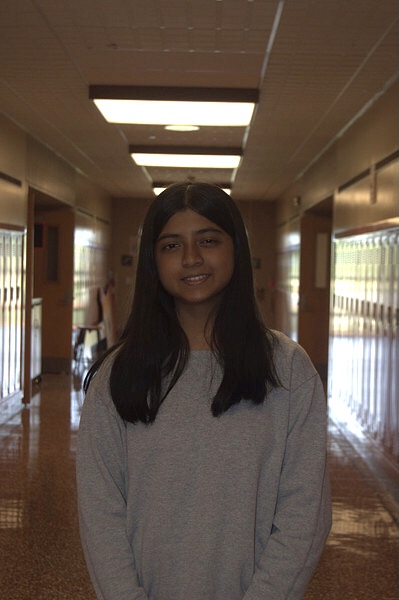With school letting out, children get excited for summer; perhaps they’re looking forward to spending time at the parks, pools, and maybe even a vacation. However, what happens to all the material they learned in school? Do they forget it?
This fear is encapsulated in the “summer slide.” In this illustration of a fun playground slide a child may find themselves on during summer, the child begins at the top of the slide and then ends up at the bottom, and their movement downwards represents their critical reading and math skills during the summer.

Parents reasonably worry about what concepts their child might forget over the summer. After all, it is only natural that kids forget certain things over time, and studies have only confirmed this.
For example, the “Beginning School Study ”, a study commonly cited by those when talking about the “summer slide”, found that not only do most kids forget an amount of what they learn during the summer, but that students in high poverty schools scored below other students on the California Achievement Test. More importantly, they found that this gap only grew during the summer, remaining the same during the school year.
However, in an article titled “Is Summer Learning Loss Real?” Paul T. von Hippel, professor of public policy, sociology, statistics, and data science at The University of Texas in Austin, draws attention to the flaws in these studies.
Hippel mentions that the results found in the Beginning School Study, which was conducted from 1982-2002, failed to replicate themselves in the federal Early Childhood Longitudinal study of the kindergarten class of 2010-2011. In this study, children’s scores on a reading test continued to increase even over the summers, and the gap between high-poverty schools and other schools remained the same. Many studies conducted recently found similar results.
This difference in results between the Beginning School Study and the federal Early Childhood Longitudinal Study is confusing. However, Hippel identifies that the way we test has fundamentally changed, and also that the method of measuring knowledge must be called into question.
“Depending on what questions you add, you can get any gap that you want” Hippel states in his article. For example, if you made the test ridiculously hard so that neither group could answer them, then tested these kids bi-yearly over three years, your results would essentially tell us that there was no achievement gap and that these children learned nothing all year. These results depend on the creation of tests that can accurately measure a child’s knowledge, which is simply a difficult thing to do.
Where does this leave us? Well, we high school students might worry about what we forget over the summer, but perhaps the best course of action is to just enjoy the summer, rather than fret about how many months of learning we “lose” over the summer.
“







